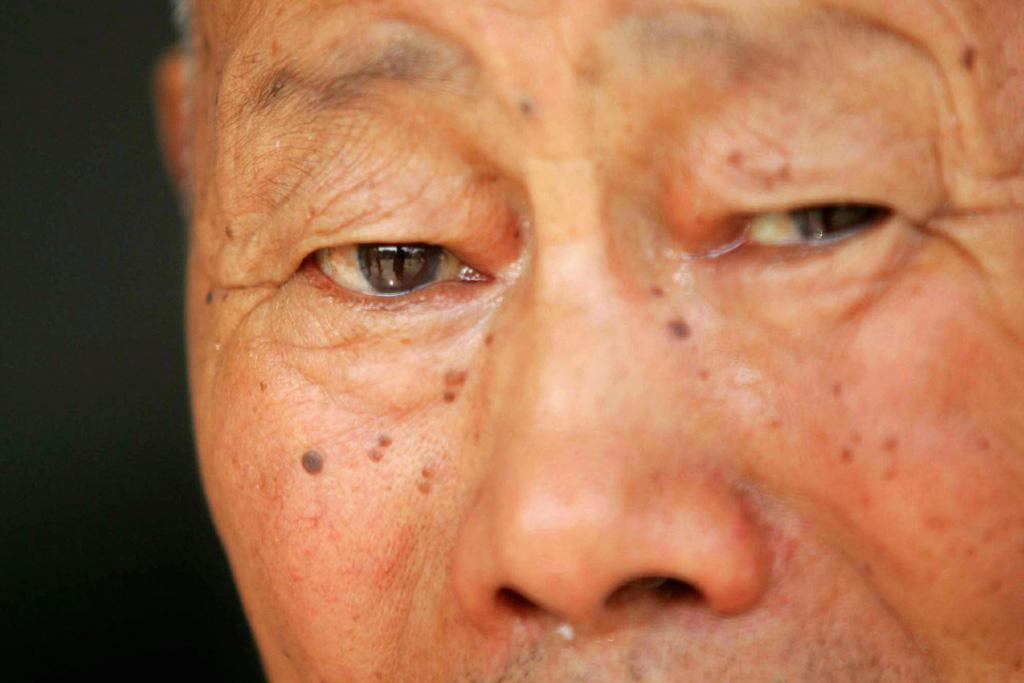China’s elderly population is confronting poverty, illness, depression, study finds
An elderly man in Xian of Shaanxi province, China.
HONG KONG — A big landmark survey of China's booming elderly population shows it's hard to get old in the Middle Kingdom.
One in four seniors over 65 live below the poverty line, making just over $500 a year. China's elderly population also faces illness, and depression, according to the China Health and Retirement Longitudinal Study (CHARLS) study.
The study surveyed 17,708 individuals across 28 of China's 31 provinces to study the living conditions of the country's 185 million elderly, and was funded in part by the Beijing government.
It's the first study like this of its kind in China, and the discoveries paint a bleak portrait of life for China's aging population: 22.9 percent of Chinese over 60 live in poverty, 38.1 percent have trouble doing daily activities on their own, and 40 percent show have significant symptoms of depression.
The lack of a social safety net and the decay of Confucian mores (which would have children be responsible for their parents' care) under the one-child policy have made it especially difficult for the elderly to support themselves even as the economy has roared ahead in general.
The challenges are only going to grow, however, as China's population of old people is set to grow rapidly over the next few decades.
“China confronts rapid population aging at a relatively early stage of her economic development, which limits the amount of financial resources available for supporting the elderly,” wrote the survey’s authors, including Zhao Yaohui of Peking University.
The aging generation — which is expected to grow to 34 percent of the total population by 2050, compared to just 12 percent in 2010 — is largely credited with building China's economic boom. But the state is struggling to keep up with social services to meet their needs.
While over 90 percent of China's elderly are covered by some form of the country's medical insurance, the study said there was still much more to be done on the government's part.
"Greater policy attention should be paid to identifying and assisting the elderly who are materially vulnerable," the authors recommended, adding that "if policy can support efforts by the elderly to migrate to where children live, then children can remain economically active while caring for their parents."
More from GlobalPost: China: Go visit your elderly parents
We want to hear your feedback so we can keep improving our website, theworld.org. Please fill out this quick survey and let us know your thoughts (your answers will be anonymous). Thanks for your time!
